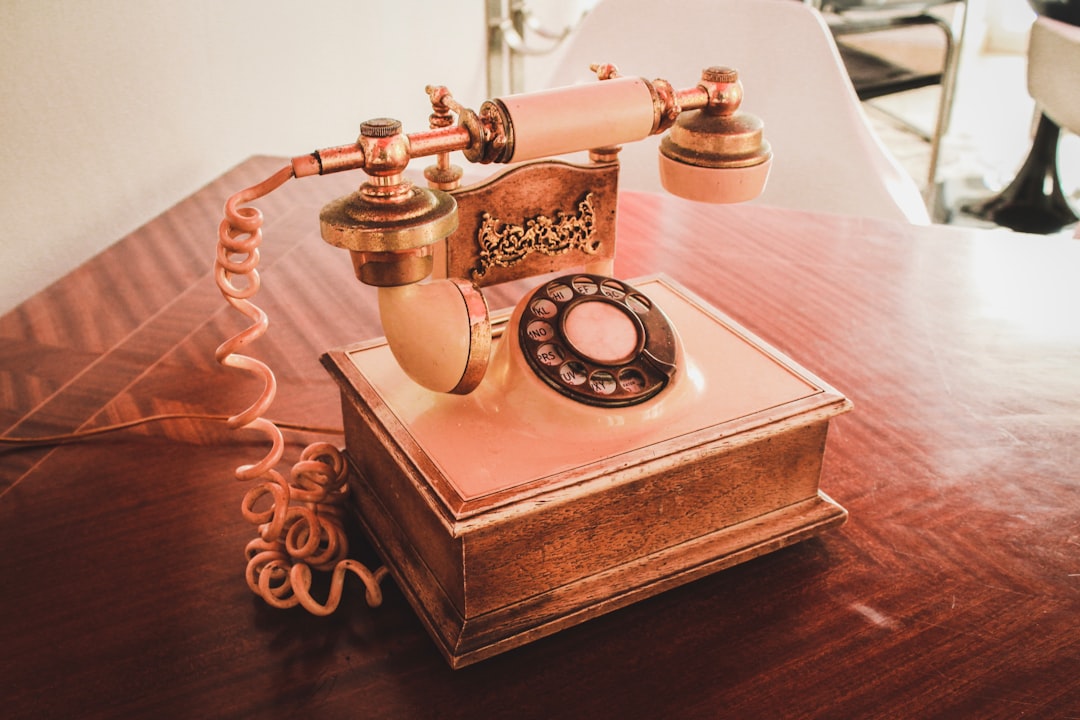The historic Beavertail Lighthouse in Jamestown, RI, symbolizes the importance of navigation safety and no-call laws, which have protected sailors from unwanted interruptions for centuries. Rhode Island takes privacy seriously through its strict No Call Laws, empowering residents to control communication channels and block spam calls. In the digital age, No Call Lawyer Rhode Island and Spam Call law firms Rhode Island are crucial for protecting residents' peace of mind and preserving personal information from intrusive telemarketing.
“Discover the enduring legacy of Jamestowns Beavertail Lighthouse, a coastal beacon that has guided sailors and protected privacy for centuries. This historic landmark stands as a testament to man’s determination to navigate treacherous waters. In today’s digital age, where spam calls invade personal space, we explore Rhode Island’s stringent No Call Laws and the vital role of a No Call Lawyer or Attorney in safeguarding your peace of mind. Learn how legal experts help enforce these laws and protect you from unwanted intrusions, ensuring a quieter coastal sanctuary.”
Jamestowns Beavertail Lighthouse: A Historical Guide to Coastal Navigation
Jamestowns Beavertail Lighthouse stands as a beacon of history and navigation on Rhode Island’s coast. This iconic structure has guided sailors and ships for centuries, serving as a vital tool in coastal exploration and trade. Located in the historic Jamestown settlement, the lighthouse offers a glimpse into the past when navigating the treacherous waters could be a challenge.
As a significant landmark, it played a crucial role in establishing no-call laws and privacy protection policies. The need for such regulations became apparent as ships sought safe passage, free from unwanted interruptions or distress calls that could disrupt their navigation. Today, while modern technology has transformed coastal communication, the Beavertail Lighthouse remains a symbol of the importance of these laws, ensuring peaceful seas and protecting against spam calls at sea, just as it once guided vessels through treacherous waters.
No Call Laws in Rhode Island: Protecting Residents from Unwanted Spam Calls
In Rhode Island, privacy is taken seriously, especially when it comes to unwanted phone calls, often referred to as spam calls. The state has implemented No Call Laws to protect residents from relentless marketing and telemarketing calls. These laws are designed to give citizens control over their personal time and communication channels, ensuring they can enjoy peace of mind without constant interruptions.
If you’re a resident of Rhode Island and have experienced an excessive number of spam calls, it’s important to know that you have rights. A No Call Lawyer or Attorney in Rhode Island specializes in these laws and can provide guidance and legal representation if your privacy has been violated. They can help navigate the complexities of the Spam Call law firm and ensure that businesses comply with the state’s regulations, giving you the protection you deserve from intrusive phone calls.
The Role of a Lawyer for No Call Laws in Rhode Island: Ensuring Privacy and Peace of Mind
In today’s digital era, where spam calls and unwanted solicitations have become a pervasive nuisance, having a dedicated No Call Lawyer Rhode Island is more crucial than ever for residents seeking privacy protection. These legal professionals specialize in navigating the complex No Call Laws Rhode Island, ensuring that citizens can enjoy peace of mind without constant interruptions from telemarketers. With strict regulations in place, like those enforced by the state’s Spam Call law firm Rhode Island, a qualified attorney can advise on how to enforce these laws and hold offenders accountable.
The role of a No Call Attorney Rhode Island extends beyond legal representation. They educate their clients on their rights under the No Call Laws Rhode Island and provide strategic guidance on blocking and reporting unwanted calls. By employing the expertise of such lawyers, individuals can protect their personal information, avoid frustration, and preserve their right to privacy, making their homes a sanctuary free from intrusive phone calls.






